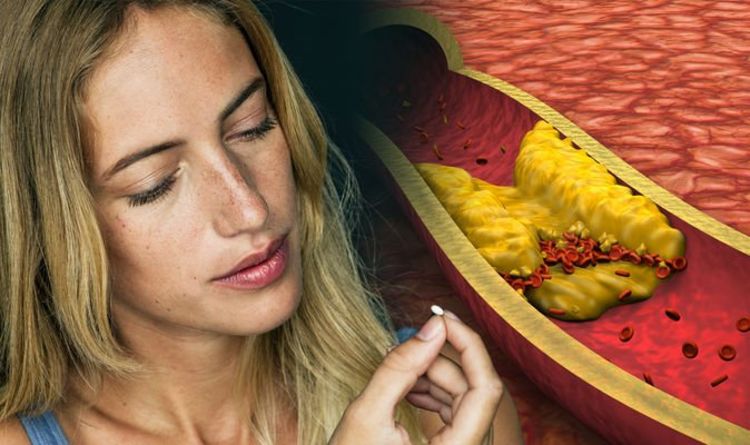- 14
- Nov
- 0

Understanding High Cholesterol
Cholesterol is a waxy substance produced by the liver and plays a crucial role in various body functions, such as building cell membranes and producing certain hormones. However, when cholesterol levels become too high, they can lead to serious health problems. High cholesterol refers to an excess of fatty substances, like low-density lipoprotein (LDL), in the blood, which can accumulate in arteries and form plaques. This buildup can restrict blood flow, increasing the risk of heart disease, stroke, and other cardiovascular issues, especially at night.
Causes of High Cholesterol
High cholesterol is primarily influenced by lifestyle choices and genetics. Some of the key factors that contribute to elevated cholesterol levels include:
- Poor Diet: Eating foods rich in trans fats, saturated fats, and processed foods can raise cholesterol levels.
- Lack of Physical Activity: A sedentary lifestyle can contribute to weight gain and elevated cholesterol levels.
- Excessive Alcohol Consumption: Drinking alcohol in large amounts can negatively affect cholesterol levels.
- Smoking: Smoking can damage blood vessels, leading to higher cholesterol and increasing the risk of cardiovascular problems.
- Genetics: In some cases, high cholesterol runs in families, leading to inherited conditions like familial hypercholesterolemia.
Symptoms of High Cholesterol
One of the main challenges with high cholesterol is that it often shows no obvious symptoms. This is why it’s often referred to as a “silent” condition. In some rare instances, individuals may notice yellowish deposits on their skin or around their eyes. If plaque buildup is severe, it could cause chest pain or discomfort due to restricted blood flow. Regular check-ups are essential for detecting high cholesterol early.
Tips to Naturally Lower Cholesterol
While medication can help manage cholesterol, lifestyle changes play an important role in maintaining healthy cholesterol levels. Here are some natural ways to support your cardiovascular health:
- Improve Your Diet: Focus on incorporating more fruits, vegetables, and whole grains into your meals. Avoid processed and fried foods, which contain unhealthy fats that can raise LDL cholesterol.
- Choose Healthy Fats: Replace saturated fats (found in butter, red meat, and full-fat dairy) with healthier fats like those found in olive oil, avocados, and nuts. Omega-3 fatty acids from fish like salmon and mackerel can also help lower cholesterol levels.
- Exercise Regularly: Engaging in physical activities like walking, cycling, or swimming can help increase high-density lipoprotein (HDL) cholesterol, which helps remove LDL from the bloodstream.
- Manage Stress: Long-term stress can lead to unhealthy eating habits and weight gain, both of which can increase cholesterol levels. Incorporate relaxation techniques like yoga, meditation, or deep breathing exercises into your daily routine.
- Avoid Smoking and Limit Alcohol: Quitting smoking can improve your cholesterol profile and overall cardiovascular health. Limiting alcohol consumption can also help maintain healthy cholesterol levels.
Diet Tips for High Cholesterol
If you have been diagnosed with high cholesterol, certain foods can help you manage your condition more effectively:
- Increase Fiber Intake: Foods like oats, beans, and lentils are high in soluble fiber, which helps reduce LDL cholesterol.
- Choose Lean Proteins: Opt for skinless poultry, fish, and plant-based protein sources like tofu and legumes to lower your intake of saturated fat.
- Limit Sugar and Processed Foods: Avoid sugary snacks, soft drinks, and processed meats, which can contribute to high cholesterol levels.
Conclusion
Managing high cholesterol requires a combination of healthy dietary habits, regular physical activity, and a lifestyle that promotes heart health. It’s important to stay informed and make decisions that support your long-term well-being.
Always consult with your doctor or a healthcare professional before making significant dietary changes for cholesterol management. They can provide personalized guidance based on your medical history and current health status.
Note: If you have any health-related concerns, please call us at +91-9058577992 to receive free consultation from our experienced doctors. Thank you.

Leave a Comment
You must be logged in to post a comment.